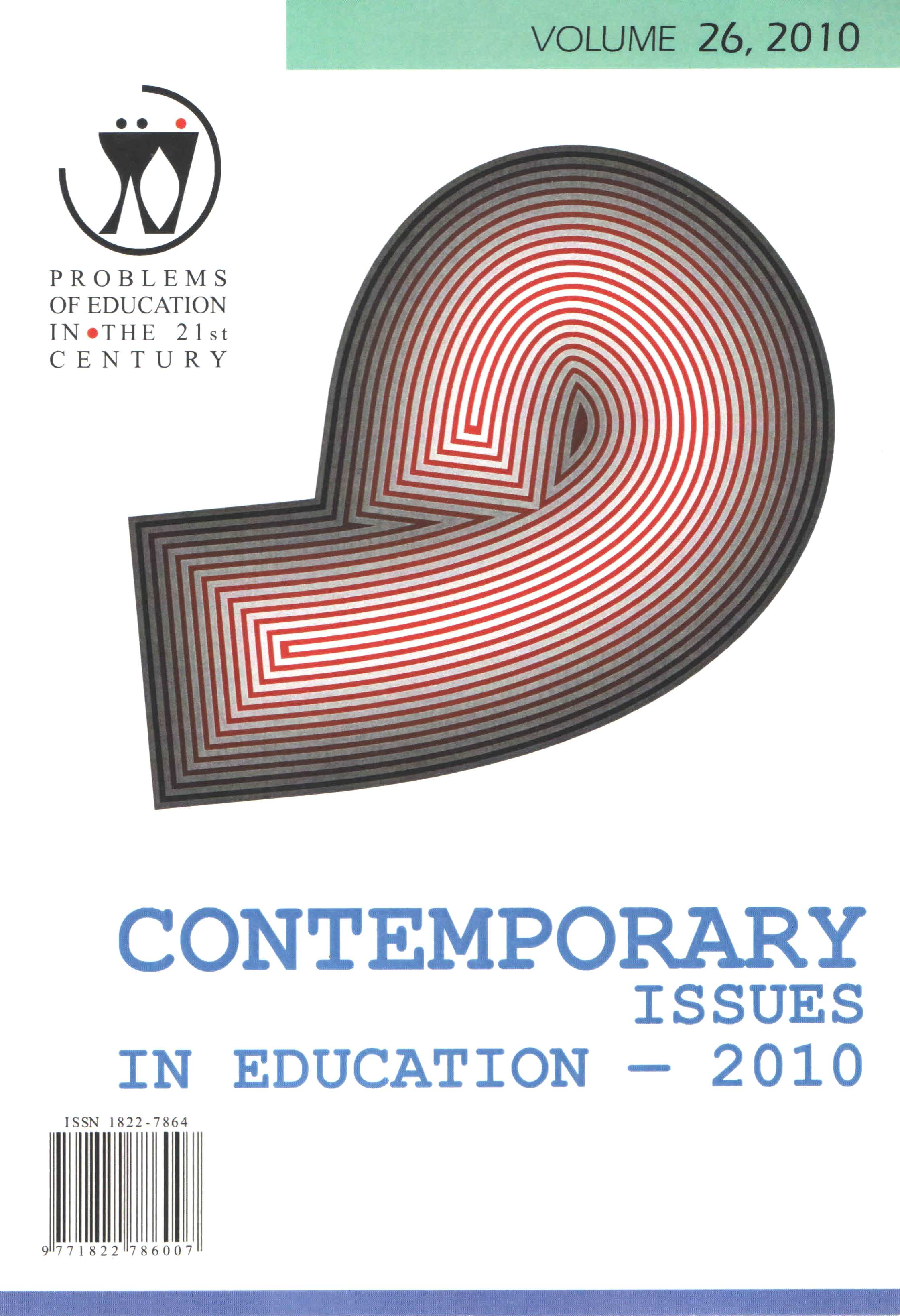A STUDY ON HOW THE USE OF ICT IN TRAVELLING PERIODS INFLUENCES ROMANI STUDENTS’ ATTITUDES TOWARDS SCHOOL
A STUDY ON HOW THE USE OF ICT IN TRAVELLING PERIODS INFLUENCES ROMANI STUDENTS’ ATTITUDES TOWARDS SCHOOL
Author(s): Anne Bonnevie LundSubject(s): Education, ICT Information and Communications Technologies, Distance learning / e-learning
Published by: Scientia Socialis, UAB
Keywords: Romani; ICT as communication tool; adapted learning; intercultural education;
Summary/Abstract: In 1998 Norway ratified the Council of Europe’s Framework Convention for the Protection of National Minorities, and in1999 the Romanies and four other minorities obtained the status of a national minority group The Romanies have lived in Norway for hundreds of years. But the assimilation policy was hard and lasted for more than hundred years with the aim to assimilate and eradicate differences from what was perceived as the "Norwegian". The school has been an important part in this assimilation policy. Although we can see a different political climate marked by multiculturalism, acceptance of diversity and greater understanding of minority groups today, the culture and history of the national minorities has been, and still remains absent from school. And still many students of Romani families drop out of school without any exams when they are 13-14 years old. In this article a developmental project with the aim to make a better school situation for Romani students is examined concerning an attempt using ICT in the travelling periods. The use of laptops have made changes in the relational and communication patterns connected to an intercultural understanding, but many pupils still drop out of school before ending the compulsory school.
Journal: Problems of Education in the 21st Century
- Issue Year: 26/2010
- Issue No: 1
- Page Range: 19-29
- Page Count: 11
- Language: English

